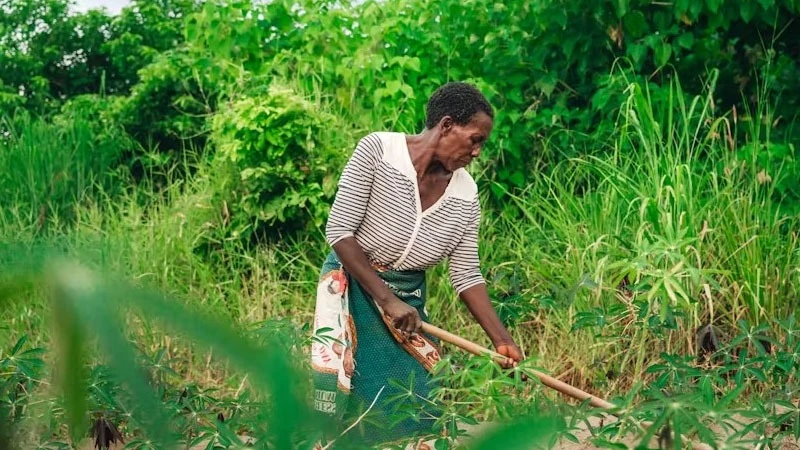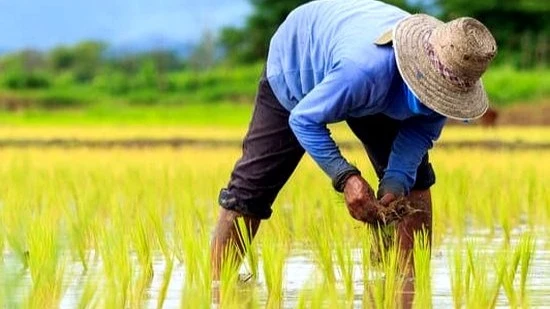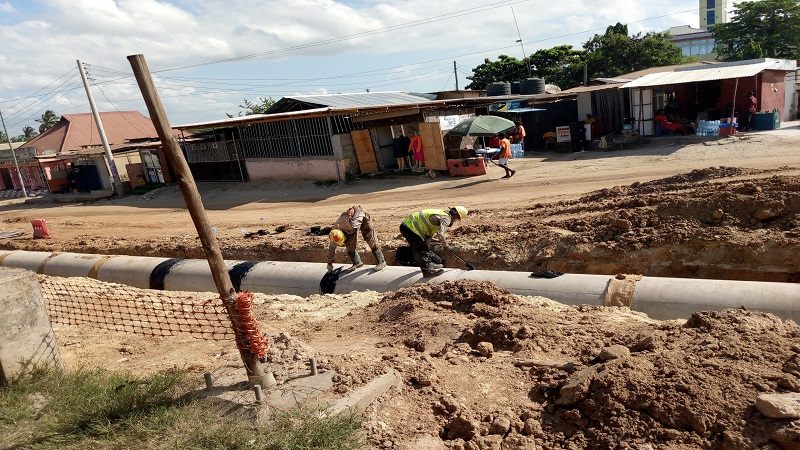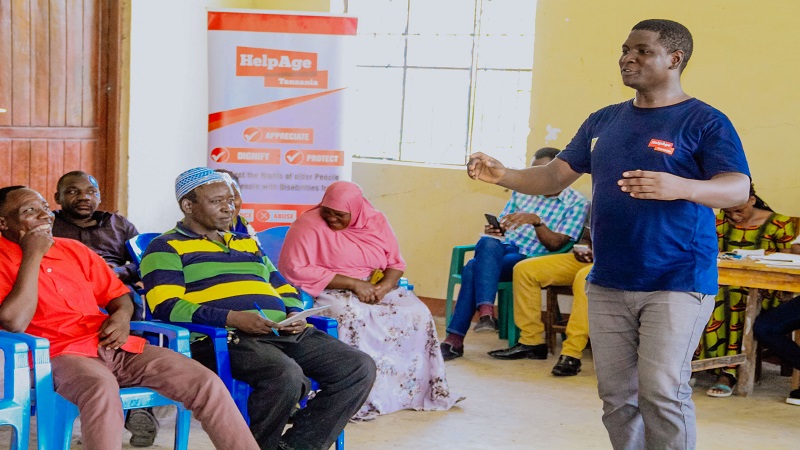Research body institutes labs to enhance coffee productivity
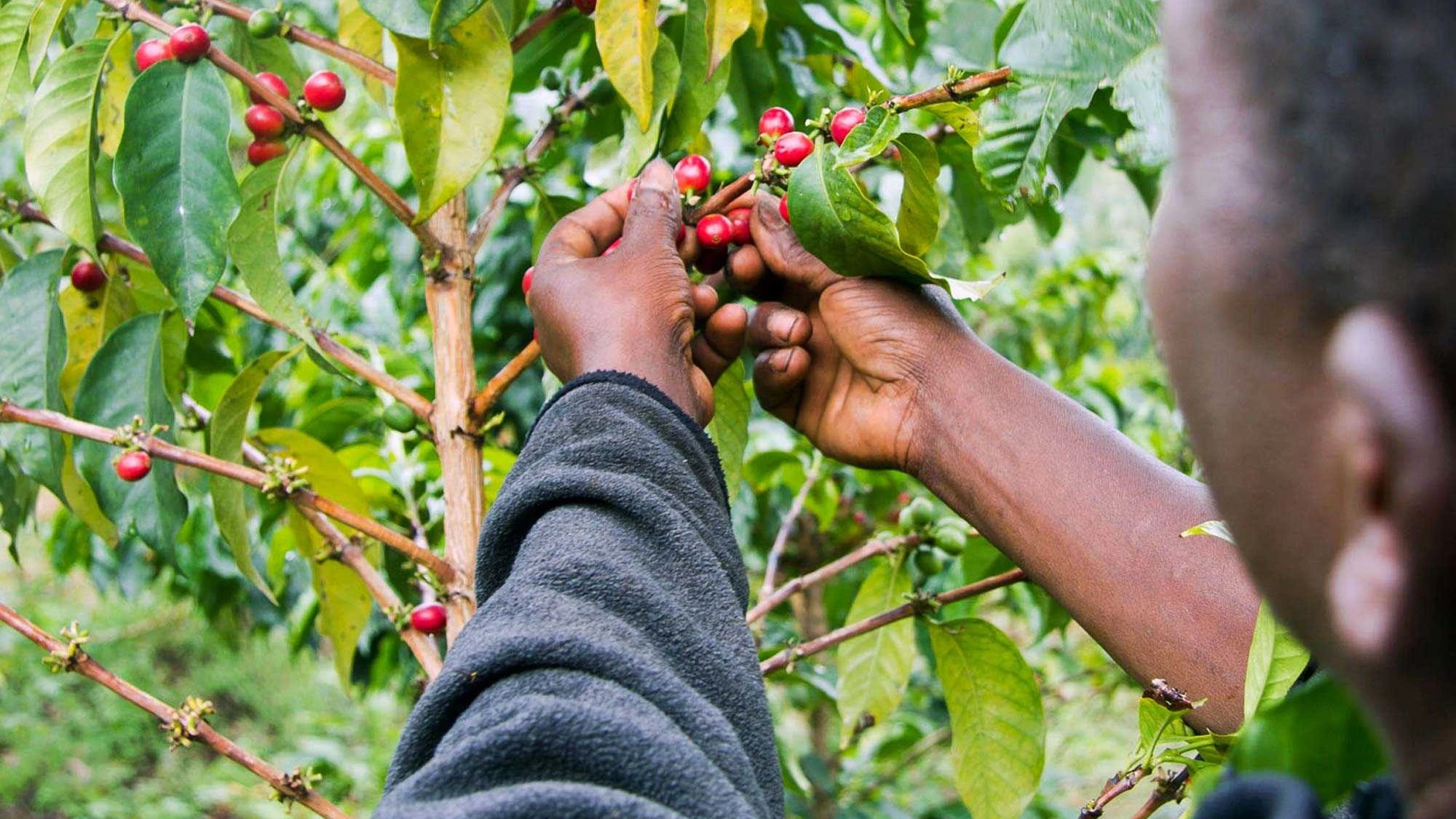
THE Tanzania Coffee Research Institute (TaCRI) has introduced state-of-the-art laboratories designed to enhance coffee productivity and competitiveness in both local and foreign markets.
The laboratories are for soil, pathology, biotechnology and cupping.
In addition, the institute has developed 23 hybrid coffee varieties that are resistant to diseases, aimed at improving farmer productivity. The hybrids include nineteen Arabica varieties which are tall and compact, and four Robusta varieties.
Twisege Mwakabuta, Research Officer at TaCRI’s Coffee Crop Improvement Department, said this recently here during Nanenane Farmers’ Exhibitions 2024 for Northern Zone.
Mwakabuta noted that for years, many local farmers had been discouraged by coffee diseases, which led some to abandon coffee cultivation
“The most challenging diseases include coffee berry and coffee leaf rust for Arabica and coffee wilt disease for Robusta varieties,” she said.
She said that the tall Arabica hybrids that have been developed by the state-owned coffee research institute as N39-1, N39-2, N39-3, N39-4, N39-5, N39-6, N39-7, KP423-1, KP423-2, KP423-3. Others in the category in question are N39-8, N39-9, N39-10, N39-11 and N39-12.
The compact Arabica hybrids introduced are TaCRI 1F, TaCRI 3F, TaCRI 4F, and TaCRI 6F.
Robusta varieties that have been developed include Maruku 1, Bukoba 1, Maruku 2, and Muleba 1.
Fatuma Jumapili, a biotechnologist at TaCRI, said that these varieties not only improve yield up to 5,000 kg per acre but also enhance beverage quality with good bean sizes and a pleasant aroma.
As demand for these hybrids surpass TaCRI’s production capacity, Jumapili said that the institute was collaborating with farmer groups and municipalities to ensure a steady supply of seedlings.
TaCRI uses various methods to produce hybrids, including clonal propagation, seeds, grafting and tissue culture.
Through its technology transfer unit, TaCRI provides training to coffee farmers on adopting the new hybrids to replace old plants.
Established in 2000 as a company limited by guarantee under the Companies Ordinance (CAP. 212), TaCRI became operational in September 2001.
Its primary goal is to rejuvenate the Tanzanian coffee industry through stakeholder-led and demand-driven research.
TaCRI aims to enhance productivity, quality and profitability in the coffee subsector, ultimately increasing competitiveness of Tanzanian coffee on the global market.
Top Headlines
© 2024 IPPMEDIA.COM. ALL RIGHTS RESERVED














